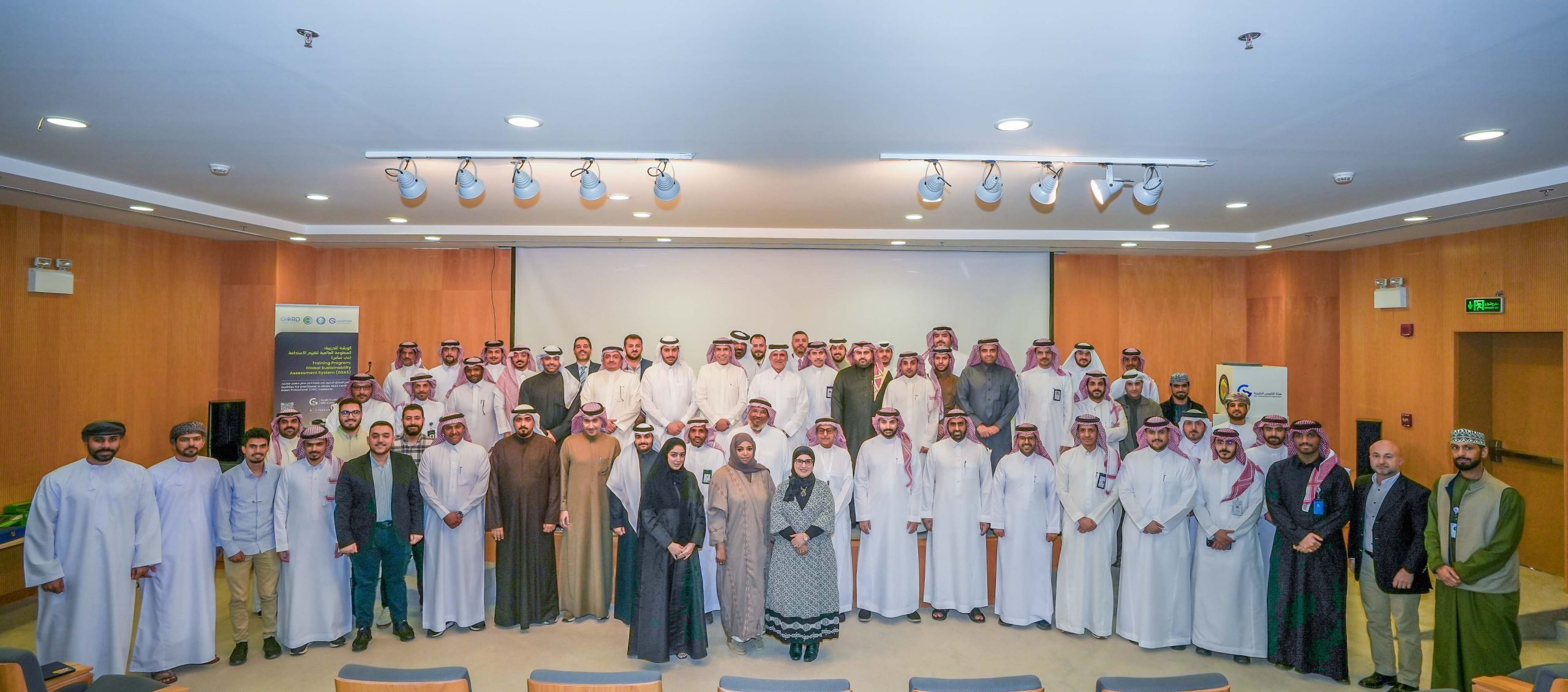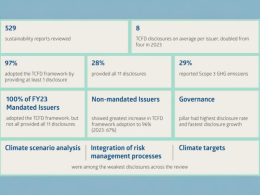Rare has launched the Small-Scale Fisheries (SSF) Impact Bond, a pioneering financial mechanism designed to channel private and philanthropic investment into revitalising coastal communities and ecosystems. This first-of-its-kind bond will finance community-led co-management of small-scale fisheries, a critical step in addressing both environmental sustainability and economic resilience.
The bond utilises an Outcome-Based Finance (OBF) model, ensuring that funds are only disbursed once pre-defined conservation and community development outcomes have been independently verified. This approach not only mitigates investment risks but also ensures financial accountability and measurable impact.
The SSF Impact Bond is structured as a contract involving three key stakeholders working together to drive sustainable fisheries management. Investors provide the initial capital needed to fund small-scale fisheries initiatives, ensuring that essential conservation and management activities can begin without financial constraints.
Service providers play a crucial role in implementing these initiatives by introducing sustainable fishing practices, enhancing marine conservation efforts, and supporting the livelihoods of local fishing communities.
Finally, outcome funders, which include governments and philanthropic organisations, step in to repay investors based on independently verified environmental and social results. This outcome-based approach ensures that funding is directly tied to measurable impact, promoting accountability, risk mitigation, and long-term sustainability in marine resource management.
Over a five-year period, investors will finance projects that strengthen sustainable fisheries and the local blue economy. As measurable milestones—such as increased fish stocks and improved habitat protection—are achieved, outcome funders will purchase these results, repaying investors with interest.
Despite some progress, global investment in ocean health remains critically inadequate. Current spending on Marine Protected Areas (MPAs) worldwide is estimated at just US$1 billion annually, while the funding required to protect 30% of the ocean by 2030 is projected at US$9-12 billion per year.
Further compounding this challenge, Sustainable Development Goal (SDG) 14 – Life Below Water remains the least funded SDG, accounting for just 0.01% of global SDG investment up to 2019.
Small-scale fisheries and coastal conservation efforts, despite being essential for both marine biodiversity and community livelihoods, receive only a fraction of ocean philanthropy funding. By aligning financial incentives with climate adaptation and biodiversity goals, the SSF Impact Bond provides a scalable, results-driven solution to mobilise capital where it is most needed.
By directly linking financial returns to independently verified conservation outcomes, the SSF Impact Bond establishes a results-driven funding model that enhances both environmental and economic sustainability. It creates a pay-for-results framework, reducing financial risk for governments and funders by ensuring that payments are only made when measurable impact is achieved. This approach also strengthens investment transparency and accountability, reassuring investors that their capital is being used effectively to deliver tangible conservation benefits.
Furthermore, the bond provides much-needed financial support to underserved coastal communities, helping them build resilience against climate change and food insecurity. By aligning financial incentives with sustainable fisheries management, the SSF Impact Bond paves the way for a scalable and replicable solution to marine conservation challenges.
“This bond exemplifies the kind of solution we need for scalable, community-driven conservation. By focusing on outcomes, we can drive real impact that benefits both people and the planet while setting a precedent for how future conservation efforts are funded,” said Karen Sack, Executive Director at the Ocean Risk and Resilience Action Alliance (ORRAA).
The SSF Impact Bond is expected to play a key role in advancing the UN’s 30×30 targets—aiming to protect 30% of the world’s land and seas by 2030. By refining the metrics and methodologies used in the pilot phase, Rare and its partners intend to scale the initiative to protect and sustainably manage thousands of hectares of coastal ecosystems.
The bond’s first US$6 million investment will support the establishment of three Managed Access with Reserves (MA+R) sites in Southeast Sulawesi, Indonesia. These areas—Kulisusu Utara 1, Mawasangka Tengah, and Lasalimu — will be formalised under Other Effective Area-Based Conservation Measures (OECM), providing long-term protection while strengthening small-scale fisheries microbusinesses.
Indonesia was selected for the pilot due to its strong commitment to marine conservation and Rare’s long-standing partnerships with local communities and government agencies. Southeast Sulawesi has already taken significant steps in MA+R formalisation, recently recognising 100,000 hectares of managed marine reserves.
The SSF Impact Bond represents a scalable and replicable model that could reshape the way conservation projects are funded globally. By ensuring that every investment translates into real-world ecological and social benefits, this approach de-risks environmental investments and brings much-needed capital to the communities that steward some of the world’s most vital ecosystems. With a clear vision for expansion, Rare and its partners aim to mobilise up to US$160 million to drive long-term, community-led conservation efforts, offering a transformational model for sustainable fisheries management worldwide.
















